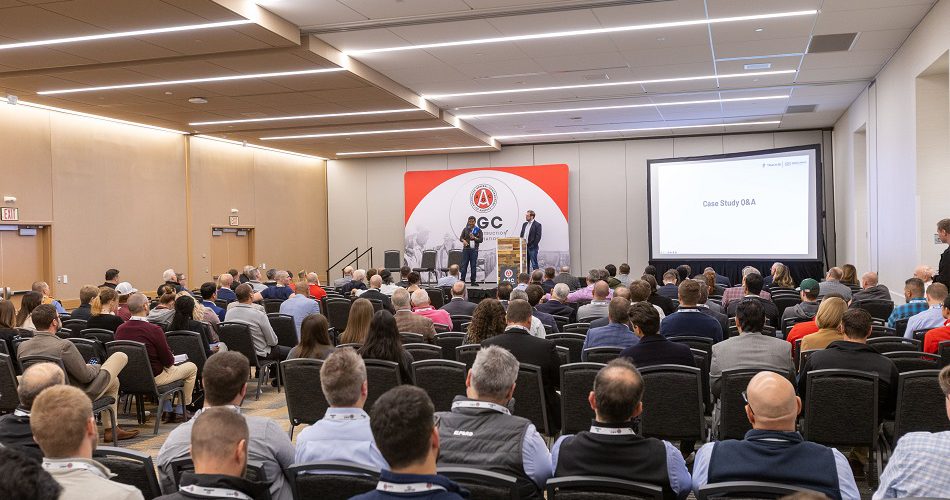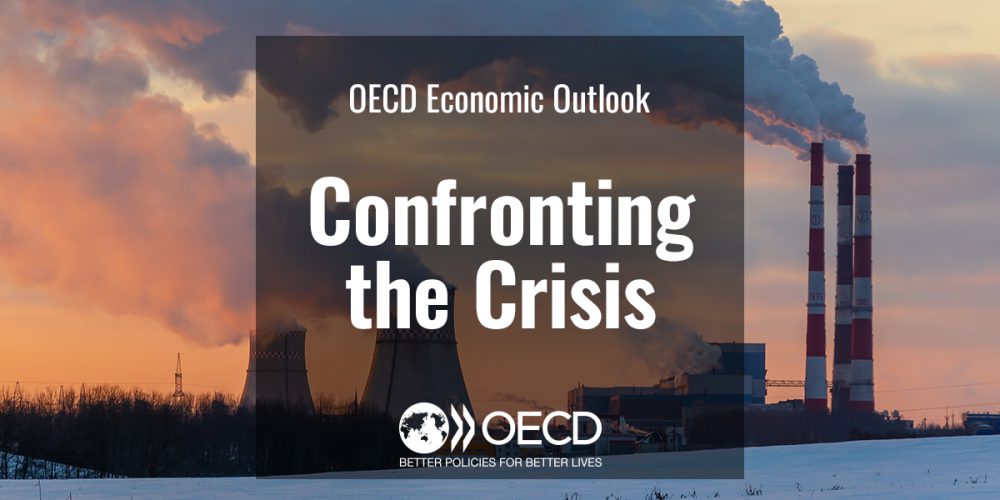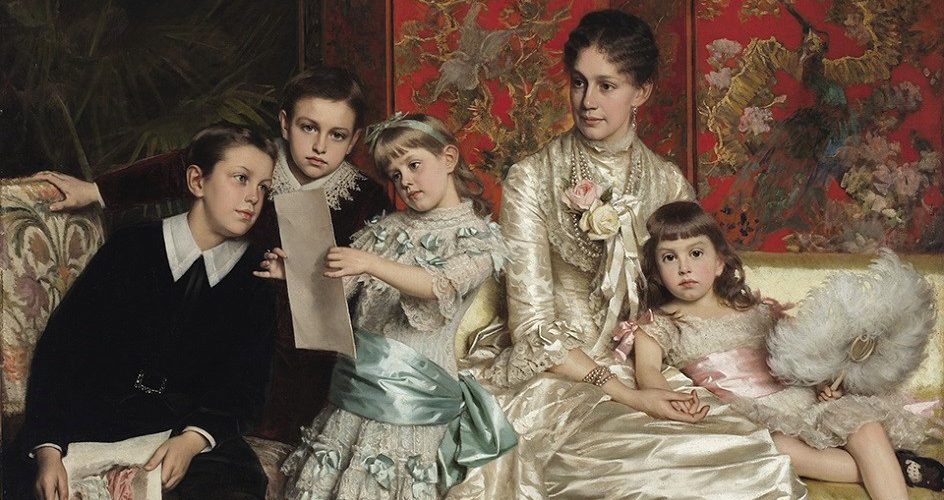Why is our empathy declining? And how can we fix all this?

How did it happen that in modern society, with its highest achievements in science and technology, so many people are unhappy, experiencing mental suffering – longing, loneliness, depression and even despair?

And this is typical not only for the elderly, but also for young people whose vitality is in its prime and life should be full of expectations of joys of life and creativity.
Official statistics of the Centers for Disease Control and Prevention diagnose a very alarming symptom that American society has become seriously ill. In particular, its figures show that the share of high school students who experienced “suicidality”—which includes suicidal thoughts, plans, and attempts—increased in the United States from 2011 to 2021,
Overall, 22% of high school students in the recent survey said that they had seriously considered suicide within the past year, up from 16% in 2011. Eighteen percent said that they had made a suicide plan, and 10% said they attempted suicide at least once, compared with 13% and 8%, respectively, 10 years earlier. 60 % of female students said they suffer from sadness and depression.

Another major problem that American society has been facing is that the country is awash in gun violence and mass shootings, but its citizens are told that the right to own weapons of war is sacrosanct.
Many Americans are asking, at least themselves, “What is wrong with people?” One can certainly identify specific collective failures (e.g., the gun lobby has outsize influence, social media companies need to be regulated).
But taking a broader view, many agree that it’s fair to conclude that Americans have a serious empathy deficit now— a collective inability (or refusal) to see the world from others’ perspectives, to understand people’s fears and hopes and our shared humanity.

That’s not just only a few who say this. Extensive research on empathy has measured its decline. A landmark study in 2010 found that Americans were less empathetic than their counterparts 30 years earlier.
The authors of the research examined the responses of nearly 14,000 students who had completed a questionnaire measuring different types of empathy. The results show that the average level of “empathic concern,” meaning people’s feelings of sympathy for the misfortunes of others, declined by 48 percent between 1979 and 2009; the average level of “perspective taking,” people’s tendencies to imagine others’ points of view, declined by 34 percent over the same period. There was a particularly steep decline between 2000 and 2009.
Everyone has a theory for why this happened. Too many people live alone, cut off from others. Social media isolates and objectifies people. And people’s capacity for empathy decreases as their stress intensifies.
Even the deluge of negative news can make people less empathetic. Helen Riess, a top expert on the subject, explained that when people are “bombarded with catastrophic news day after day, night after night with people drowning in floods, burning up in fires, and suffering all kinds of pain and cruelty in difficult circumstances in other countries, we can get overloaded.” Then, “we end up focusing on ourselves rather than others.”

Certain religious associations might also diminish empathy. In a fascinating study, “The End of Empathy: Why White Protestants Stopped Loving Their Neighbors,” John Compton looked at the decline of mainline Protestant churches that played a role in critical social justice movements and the rise of congregations of self-selected, homogenous people more concerned with maintaining power in a changing world than with traditional values (e.g., attending to the poor).
“The aggressive, disruptive, and unforgiving mindset that characterizes so much of our politics has found a home in many American churches,” wrote Peter Wehner, senior fellow at the Trinity Forum and a Christian evangelical. “When the Christian faith is politicized, churches become repositories not of grace but of grievances, places where tribal identities are reinforced, where fears are nurtured, and where aggression and nastiness are sacralized.”
“The empathy decline has manifested itself in an erosion of civility, decency and compassion in our society and our politics. But there is good news: Empathy can be taught and cultivated.”

Intervention programs with middle school students, college students and doctors have had remarkable results. As Riess explained, there is evidence that doctors and nurses can improve their empathy as measured by patients. This is done, first, by demonstrating with hard data that doctors who display empathy get better patient results and, second, by teaching communication skills, reflective writing, video-based learning and experiential learning. Riess has adopted a seven-part module to teach empathy skills to doctors.
In a middle school setting, teachers who adopted an empathetic mindset (listening to students’ concerns, fostering trust, adapting the school environment) had fewer students who required detention than did teachers who used a traditional disciplinary approach.

If it is possible to improve how everyone, from preteens to teachers, from employees to company executives, treats their fellow human beings, how family members treat each other, perhaps there is hope that families, schools, workplaces, civic organizations and religious institutions can begin to shrink the empathy deficit.
By Alex Arlander | ENC News

































